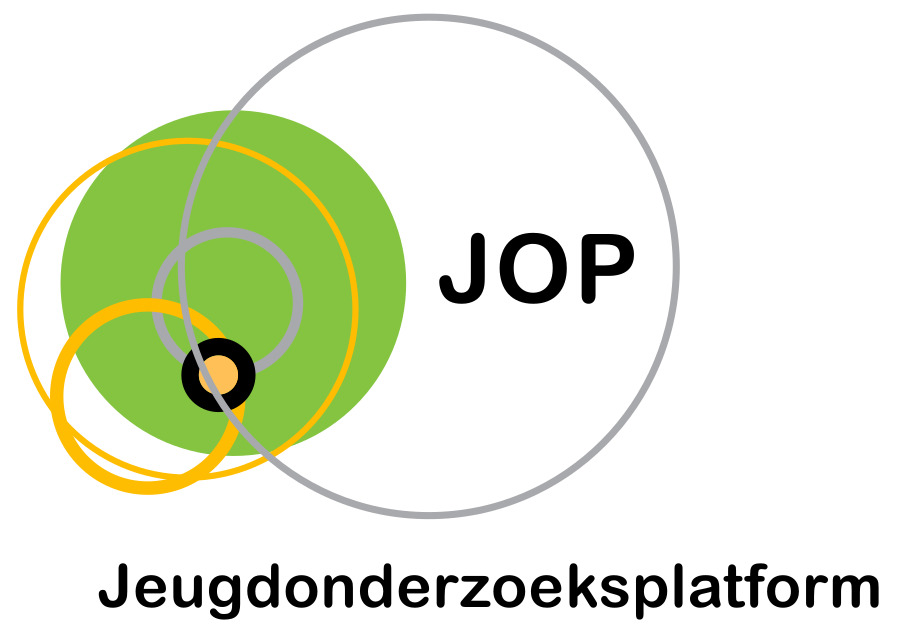Unraveling the role of social media on adolescents’ daily goals and affect: the interplay between basic psychological needs and screen time.
Auteurs
Van de Casteele, M., Soenens, B., Ponnet, K., Perneel, S., Flamant, N., & Vansteenkiste, M.

Abstract
Ondanks de algemene overtuiging dat overmatig gebruik van sociale media apps schadelijk is voor het dagelijks functioneren van adolescenten, is de impact van schermtijd waarschijnlijk afhankelijk van hoe goed het gebruik van sociale media aansluit bij de psychologische behoeften van adolescenten aan autonomie, competentie en verbondenheid. Gebaseerd op de zelfdeterminatietheorie was het doel van deze studie om te onderzoeken hoe zowel schermtijd als de psychologische basisbehoeften op sociale media samenhangen met het dagelijkse doelstreven en de affectieve toestand van adolescenten. Daartoe werd een 7-daagse dagboekstudie uitgevoerd en werd schermtijd (d.w.z. duur en frequentie) objectief gevolgd via een applicatie op smartphones van adolescenten. In twee dagelijkse enquêtes rapporteerden de deelnemers over hun psychologische basisbehoeften (d.w.z. bevrediging en frustratie van de behoeften aan autonomie, competentie en verbondenheid) wanneer ze tijd doorbrachten op sociale media, hun ervaren doelinterferentie (d.w.z. schuldgevoel, doelconflict en ruminatie) en hun affectieve toestanden (d.w.z. positief en negatief affect). Uit onderzoek van de gegevens van 107 adolescenten (M leeftijd = 15,28 jaar, SD = 1,66, range = 12-19; 53,3% vrouw), bleek uit meerlagige padanalyses dat, op het dagelijkse niveau, frustratie van de psychologische basisbehoeften op sociale media geassocieerd was met een tijdelijke toename in schuldgevoel, doelconflict en negatief affect. Wanneer adolescenten zich daarentegen tevreden voelden met hun behoeften gedurende hun tijd op sociale media, rapporteerden ze betere affectieve toestanden. De duur van de schermtijd leverde ook een interfererend effect op (d.w.z. hoofdeffect), maar dit effect werd afgezwakt wanneer adolescenten een hoge behoeftebevrediging ervoeren tijdens hun tijd op sociale media (d.w.z. interactie-effect). Er werden enkele aanhoudende effecten gevonden, waarbij behoeftebevrediging op SMU in de middag een lager schuldgevoel en doelconflict voorspelde en behoeftefrustratie op SMU gerelateerd was aan verhoogde ruminatie in de avond. Deze bevindingen benadrukken de complexe wisselwerking tussen psychologische basisbehoeften op SMU en schermtijd voor het dagelijkse streven van adolescenten naar doelen en affectief welzijn.
Despite the common belief that spending excessive time on social media apps harms adolescents’ daily functioning, the impact of screen time is likely to differ depending on how well the use of social media aligns with adolescents’ psychological needs for autonomy, competence, and relatedness. Grounded in self-determination theory, the aim of this study was to examine how both screen time and basic psychological needs on social media relate to adolescents’ daily goal striving and affective states. To this end, a 7-day diary study was conducted, and screen time (i.e. duration and frequency) was monitored objectively through an application on adolescents’ smartphones. In two daily surveys, participants reported on their basic psychological needs (i.e. satisfaction and frustration of the needs for autonomy, competence and relatedness) when spending time on social media, their experienced goal interference (i.e. guilt, goal conflict and rumination) and their affective states (i.e. positive and negative affect). Examining the data of 107 adolescents (M age = 15.28 years, SD = 1.66, range = 12-19; 53.3% female), multilevel path analyses revealed that, at the daily level, frustration of the basic psychological needs on social media was associated with temporary increases in guilt, goal conflict and negative affect. On the contrary, when adolescents felt satisfied with their needs during their time on social media, they reported better affective states. The duration of screen time also yielded an interfering effect (i.e. main effect), but this effect was attenuated when adolescents experienced high need satisfaction during their time on social media (i.e. interaction effect). Some lingering effects were found, with need satisfaction on SMU in the afternoon predicting lower guilt and goal conflict and need frustration on SMU relating to elevated rumination in the evening. These findings highlight the complex interplay between basic psychological needs on SMU and screen time for adolescents’ daily goal striving and affective well-being.
Referentie
Van de Casteele, M., Soenens, B., Ponnet, K., Perneel, S., Flamant, N., & Vansteenkiste, M. (2025). Unraveling the role of social media on adolescents’ daily goals and affect: the interplay between basic psychological needs and screen time. INTERACTING WITH COMPUTERS. https://doi.org/10.1093/iwc/iwad055
Taal
Engels
